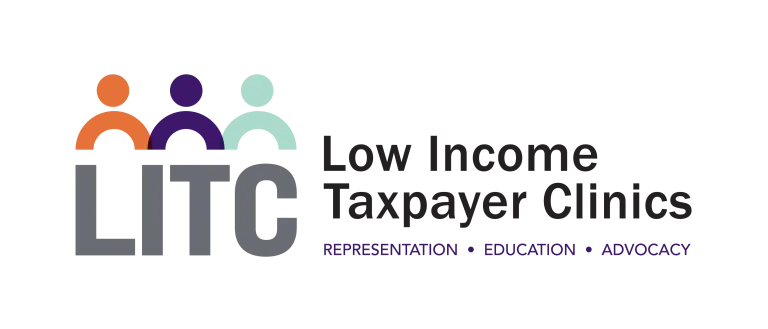We assist low-income individuals who have a tax dispute with the IRS and will provide education and outreach to individuals who speak English as a second language (ESL). We can represent low-income individuals before the IRS or in court on audits, appeals, tax collection matters, and other tax disputes. The amount in dispute with the IRS usually must be below $50,000.
Our attorneys and advocates provide high quality advice and legal representation to our clients with several federal income tax issues, including:
Earned Income Tax Credit and Dependency Exemption Disputes
We can assist low-income individuals who face audits or who receive a Notice of Claim Disallowance by the IRS after filing a claim for the EITC or other dependency exemptions. The Earned Income Tax Credit (EITC) is a refundable tax credit that provides financial support to millions of taxpayers. In FY 2022, 55% of the returns that claimed the EITC and were selected for audit were prepared by tax professionals; however, only 3% of these taxpayers had professional representation during the EITC audit process.
Collection Alternatives
We help low-income individuals explore alternatives to IRS collection including by seeking extensions of time to pay; challenges to the underlying tax liability; offers in compromise; installment agreements; currently not collectible status, and requests for relief from joint and several liability.
Offers in Compromise
We assist low-income individuals with a commonly useful collection alternative known as an Offer in Compromise (OIC). An OIC allows an individual to settle their debt for less than the full amount the taxpayer owes. It may be a legitimate option if the individual cannot pay their full tax liability or doing so creates a financial hardship. The IRS will consider the taxpayer’s unique set of facts and circumstances including ability to pay, income, expenses, and asset equity.
Innocent Spouse Relief
Individuals who choose the filing status of Married Filing Jointly are jointly and individually responsible for the tax and any interest or penalty due on their joint returns. If one spouse does not report the correct tax, both spouses may be responsible for any additional taxes assessed by the IRS or may be held responsible for all tax due even if all the income was earned by the other spouse.
We assist low-income individuals asking for Innocent Spouse Relief when the individual has filed a joint return with their spouse, their taxes were understated due to errors on the return, and the individual did not know about the errors on the return.


